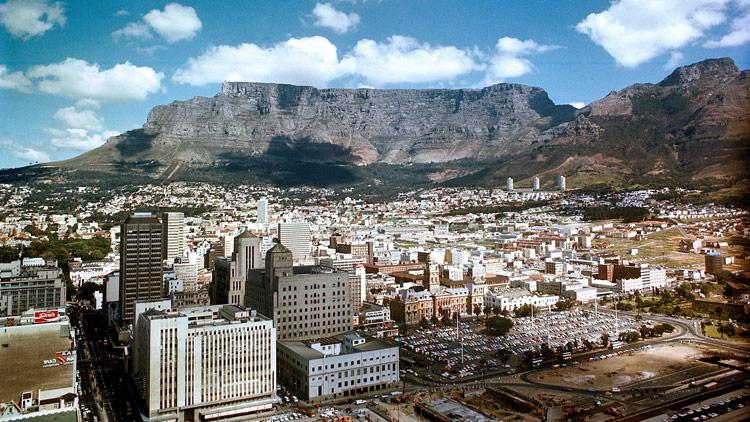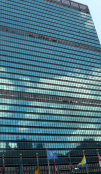Inclusive Cities, Communities Of Solidarity - EU

About the project
- The sustainable development of our cities depends on a number of factors – not least meeting the health needs of vulnerable urban dwellers. The Covid-19 pandemic has brought this into even sharper focus.
- With 16 million euros in funding from the EU and implemented by UN-Habitat, UNHCR and IOM, the “Inclusive Cities, Communities of Solidarity” project (Cuidades incluyentes, Comunidades Solidarias in Spanish) is designed to show that migrants and refugees can make a real contribution to socio-economic and cultural diversity in their host cities and communities across Latin America.
- With sound, inclusive urban planning and action that gives migrants and refugees a voice and a chance to take part, urban communities can promote intercultural dialogue, social cohesion and integration. The project seeks to help build strategies that local authorities can implement to this effect.
- It uses technical cooperation to generate and spread “hands-on” knowledge about how migrants and refugees are integrating into Latin American cities and, in doing so, enable local authorities to do more in this area and boost socio-economic opportunities for the population as a whole.
- Also, at the present time, the project seeks to encourage decision-makers to think about joined-up responses to mitigate the impact of the virus and meet the needs of all vulnerable people in their localities, be they migrants or locals.
- The project operates at national level, at city/town level and within towns and cities. The local authorities in all cities covered by the project have helped select the localities where pilot activities are to be implemented.
- There are contingency plans to determine which project activities can continue during the pandemic and determine and which must be postponed.
- In addition, in response to the Covid-19 pandemic, the project has given rise to cash-based interventions to benefit vulnerable refugees, migrants and host communities, so as to give families emergency support during lockdown and access to banking services. On top of this, the project includes activities around issues from crisis management and resilience to healthy cities and environments and Covid-19 prevention.
How the project is working in different countries
- Colombia
- Colombia hosts the largest number of migrants and refugees from Venezuela. The Covid-19 pandemic has merely served to harden public attitudes towards them. So showing how Venezuelans can integrate into urban communities and have a positive impact on life there is a challenge.
- Under the project, local authorities have received advice on how refugees’ and migrants’ needs and their inclusion in society can be reflected in urban development plans.
- The project has also helped support a new information and guidance centre for refugees and migrants at the Francisco de Paula Santander border crossing with Venezuela in the city of Cúcuta.
- Peru
- In response to the Covid-19 crisis, the project is looking at how to enable Venezuelan health professionals, engineers, researchers, and others to contribute to their host communities with their expertise.
- Ecuador
- The project is currently implementing a strategy to strengthen local capacities of the municipality of Quito through virtual spaces that contributes to territorial urban planning aiming to face the impact of Covid-19.
- Dominican Republic
- Refugees and migrants are provided with strategic information via communication networks, so that they know how to protect and assert their rights.





